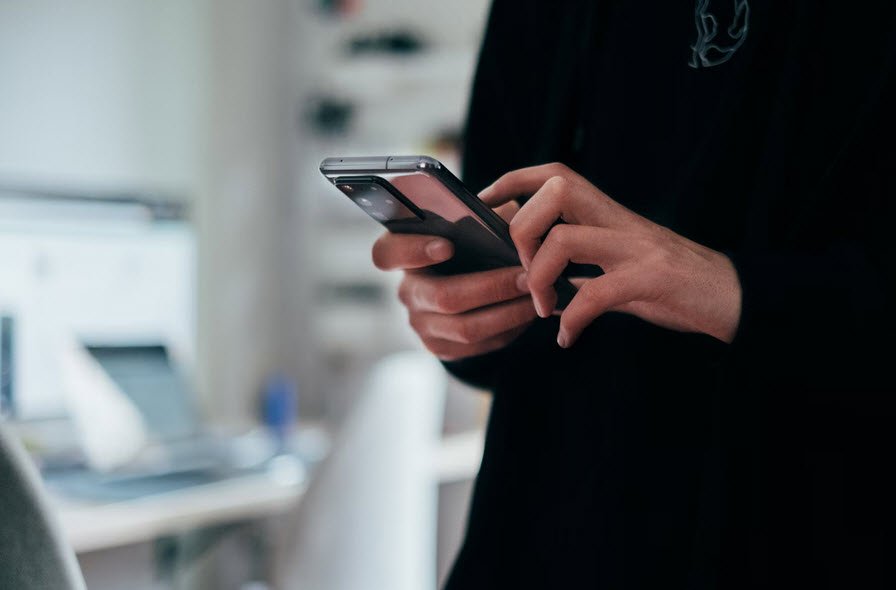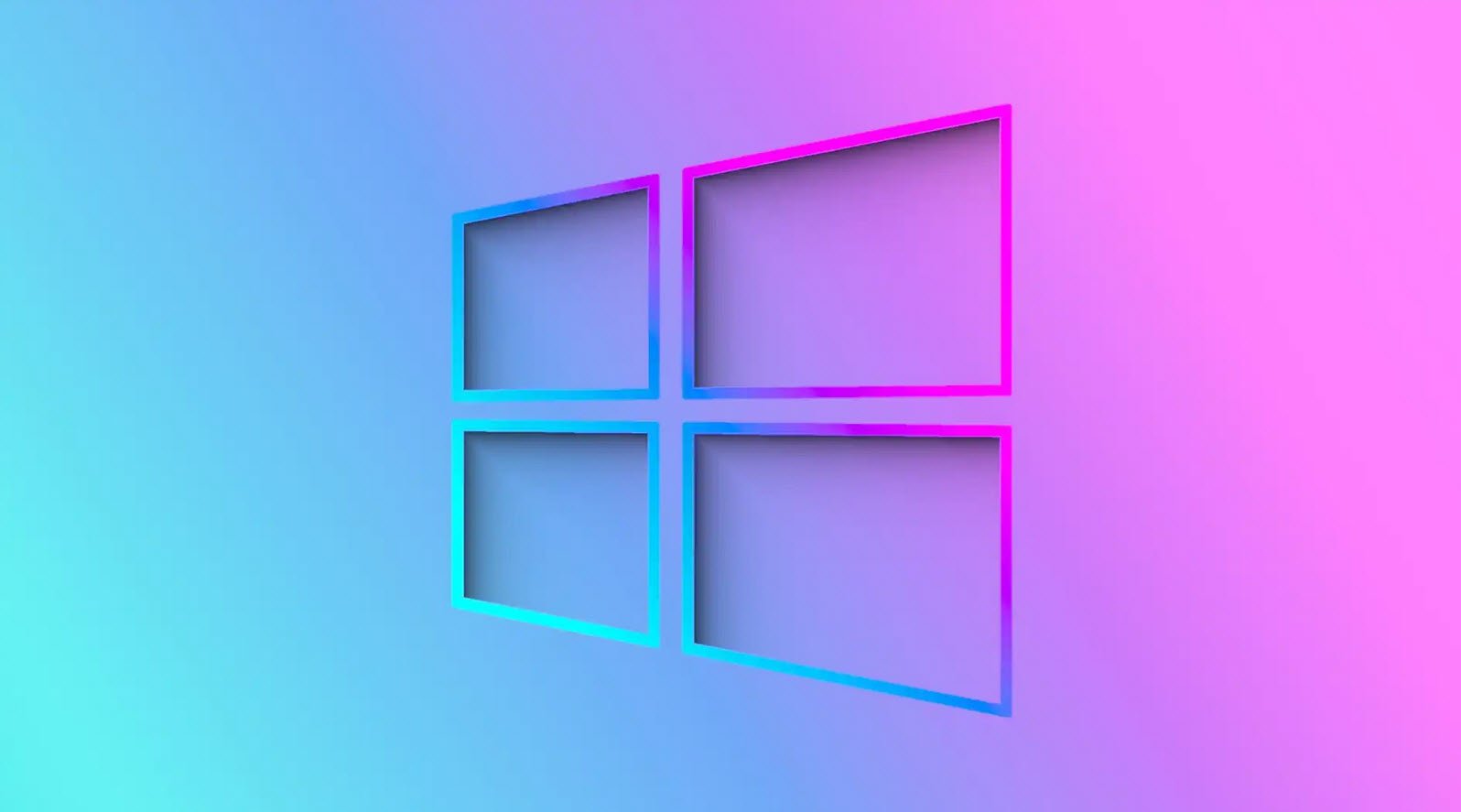
A Smartphone that is safely placed inside your pocket or purse can still leak personal data to hackers or even be infected by malware.
Hacking doesn’t require physical access to the target’s device. Hackers are able to penetrate a Smartphone through the use of apps that appear harmless or unsecured Wi-Fi.
There are some basic steps that can be taken to prevent a Smartphone from being hacked:
- Keep your phone locked whenever it is not in use. Make sure that you have a strong password, which you should change on a regular basis. In case you normally have problems remembering your passwords, use a lock pattern. Some phones come with a facial recognition or voice locking feature.
- If your Smartphone has a tracker, activate it. This will allow you to see the location of your phone on a map in case it is stolen. The tracker even allows you to remotely lock the phone, thus preventing hackers from easily accessing your data.
- Ensure that the firmware in your Smartphone is updated. If your phone settings are not enabled for automatic updates, then download the updates manually.
- Never download apps whose source cannot be confirmed. If you do not trust the source, avoid the app. It is recommended that you download apps from official app stores as their authenticity is always verified. Prior to downloading any app, make sure that you read the reviews and product description to better understand what you are dealing with.
- Before installing any app, check its permissions. Do not install any app that asks for submission or access to personal information.
- Do not click any links that come in unsolicited messages from unknown senders. Such messages should be deleted at once. There are hackers who send potential victims messages containing links claiming to be from trusted sources, for example, If you click the link, malware is automatically installed on the phone and data is stolen. Never download apps via text messaging, as hackers find this to be a very easy way to penetrate a device.
- If you are accessing the Internet via Wi-Fi, always make sure that you are using a secure network. Hackers love to use unsecured Wi-Fi networks to launch their attacks on victims and steal their data. Avoid the tendency to shop or bank using public Wi-Fi. Instant messaging apps are known to have security gaps that hackers can use to steal people’s private data. Rather than using public Wi-Fi, use cellular networks.
- Download a good and trusted antivirus app and keep it updated.
- How To Fix the Crowdstrike/BSOD Issue in Microsoft Windows
- MICROSOFT is Down Worldwide – Read Full Story
- Windows Showing Blue Screen Of Death Error? Here’s How You Can Fix It
- A Guide to SQL Operations: Selecting, Inserting, Updating, Deleting, Grouping, Ordering, Joining, and Using UNION
- Top 10 Most Common Software Vulnerabilities
- Essential Log Types for Effective SIEM Deployment
- How to Fix the VMware Workstation Error: “Unable to open kernel device ‘.\VMCIDev\VMX'”
- Top 3 Process Monitoring Tools for Malware Analysis
- CVE-2024-6387 – Critical OpenSSH Unauthenticated RCE Flaw ‘regreSSHion’ Exposes Millions of Linux Systems
- 22 Most Widely Used Testing Tools








